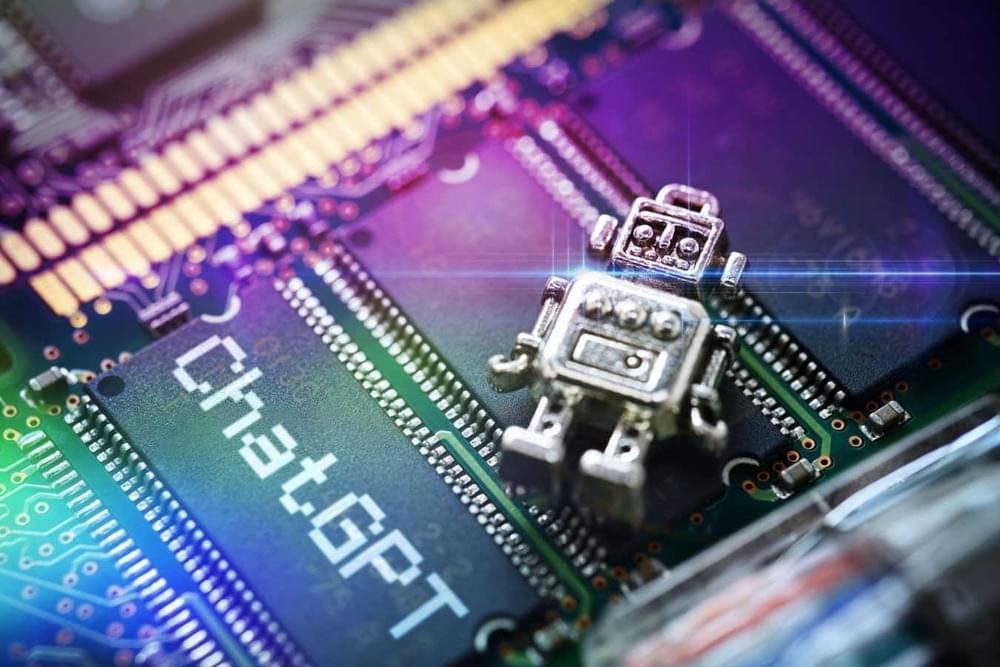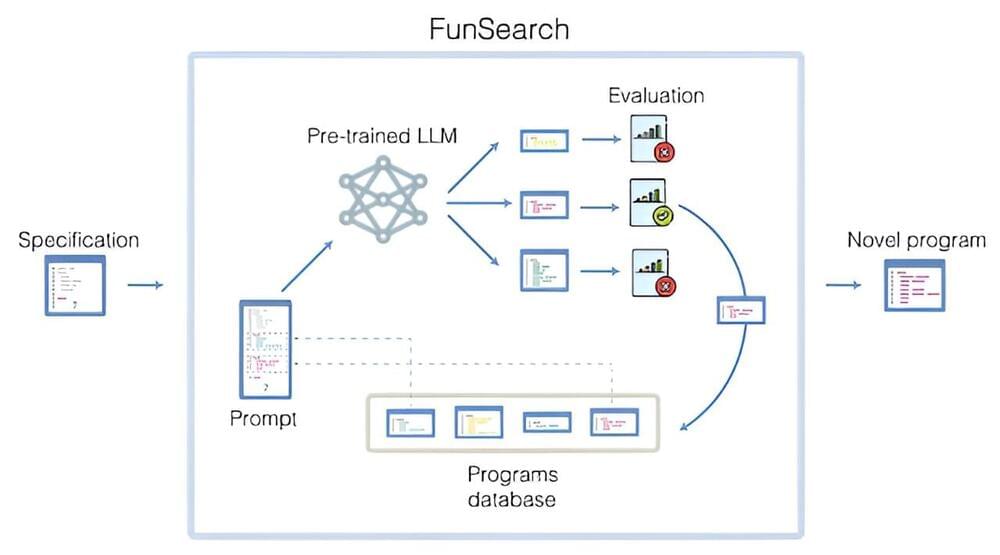A robot that automates a common technique for animal cloning has been used to produce a litter of cloned pigs in China — with a much higher success rate than human scientists.
The challenge: China is both the world’s biggest producer of pork and its largest consumer, so having ideal breeding stock — animals that birthe large litters of quick-growing piglets — is important for the nation’s economy and food security.
However, in 2018 and 2019, an epidemic of deadly African swine fever wiped out almost 50% of China’s pig population. As a result, many farmers have had to import breeding pigs, and China is now eager for its pork industry to become almost entirely self-sufficient.








